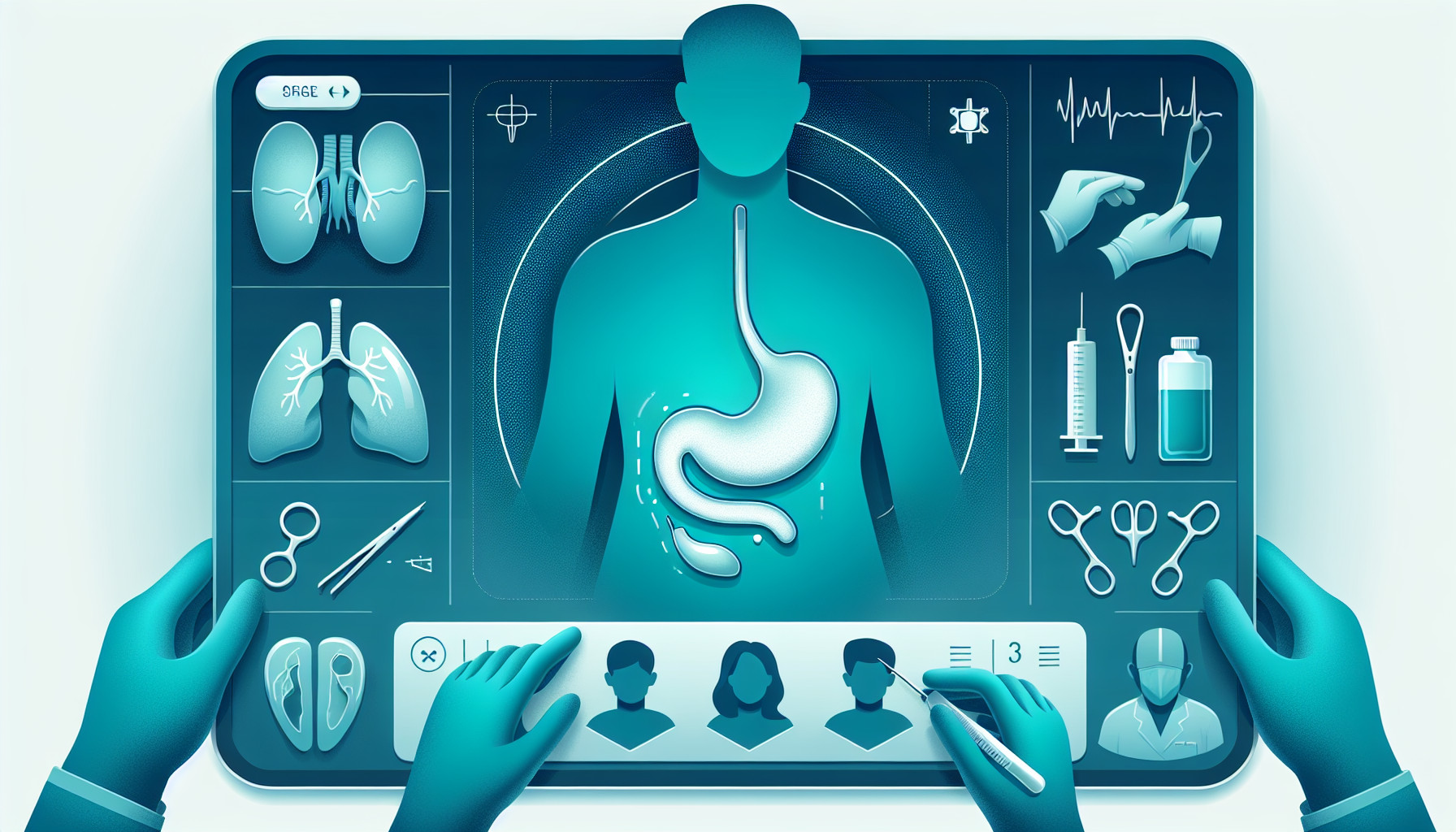Our Summary
The research paper is about a study that looked at how good a tool called the ACS-NSQIP (American College of Surgeons National Surgical Quality Improvement Program) is at predicting the health outcomes of people aged 80 and above who have had their gallbladder removed (cholecystectomy). Gallstones are more common in older people, but they’re less likely to have their gallbladders removed due to the risks associated with surgery and recovery.
The study examined 263 patients over 80 who had their gallbladders removed between 2010 and 2019. About two-thirds of these operations were emergencies due to severe gallbladder inflammation (acute cholecystitis). It then checked whether the actual health outcomes matched the predictions made by the ACS-NSQIP tool within 30 days of the surgery.
The study found that the tool was very good at predicting the chances of death and serious complications for all the patients. However, it wasn’t as good at predicting outcomes for those who had planned (elective) surgery, but it was still very good for those who had emergency surgery.
In conclusion, the study suggests that surgeons should use the ACS-NSQIP tool when deciding whether to perform cholecystectomy on patients aged 80 or above.
FAQs
- What is the ACS-NSQIP tool and how is it used in predicting health outcomes for patients?
- How accurate is the ACS-NSQIP tool at predicting outcomes for older patients who have had their gallbladders removed?
- Should the ACS-NSQIP tool be used when deciding whether to perform a gallbladder removal surgery on patients aged 80 and above?
Doctor’s Tip
A helpful tip a doctor might give a patient about cholecystectomy is to discuss the risks and benefits of surgery with their healthcare provider before making a decision. Patients should also ask about the use of tools like the ACS-NSQIP to help predict their individual outcomes and make an informed decision about their treatment. It’s important to have open communication with your healthcare team and ask any questions you may have about the procedure.
Suitable For
Patients who are typically recommended cholecystectomy include those with symptomatic gallstones, gallbladder inflammation (cholecystitis), gallbladder polyps, gallbladder cancer, or complications such as pancreatitis or jaundice. In older patients, cholecystectomy may be recommended if they have severe symptoms or complications from gallbladder disease, and if the benefits of surgery outweigh the risks.
Timeline
Before cholecystectomy:
- Patient experiences symptoms of gallstones such as abdominal pain, nausea, vomiting, and bloating.
- Patient undergoes diagnostic tests such as ultrasound or CT scan to confirm the presence of gallstones.
- Surgeon recommends cholecystectomy as the treatment option.
- Patient undergoes preoperative evaluation and preparation for surgery.
After cholecystectomy:
- Patient undergoes the surgical procedure to remove the gallbladder.
- Patient is monitored closely in the immediate postoperative period for any complications.
- Patient may experience pain, discomfort, and limited mobility in the days following surgery.
- Patient is discharged from the hospital and instructed on postoperative care, including diet and activity restrictions.
- Patient follows up with their surgeon for postoperative appointments to monitor recovery and address any concerns.
What to Ask Your Doctor
Some questions a patient should ask their doctor about cholecystectomy include:
- What are the risks and benefits of undergoing cholecystectomy at my age (80 or above)?
- How will my age impact the recovery process after cholecystectomy?
- Are there any alternative treatments or management options for my gallbladder condition?
- How experienced are you in performing cholecystectomy on older patients like me?
- Will I need any additional tests or evaluations before undergoing surgery?
- What is the expected outcome of the surgery in terms of pain relief and improvement in my condition?
- What is the likelihood of complications or adverse events during or after the surgery?
- How long will it take for me to recover fully and return to my normal activities?
- Are there any specific post-operative care instructions or precautions I should follow?
- Can you provide any specific data or statistics on the success rate of cholecystectomy in older patients like me?
Reference
Authors: D’Acapito F, Cucchetti A, Di Pietrantonio D, Tauceri F, Mirarchi MT, Framarini M, Bova R, Fappiano F, Ercolani G. Journal: Surg Endosc. 2022 Jun;36(6):4479-4485. doi: 10.1007/s00464-021-08801-7. Epub 2021 Oct 25. PMID: 34697679
